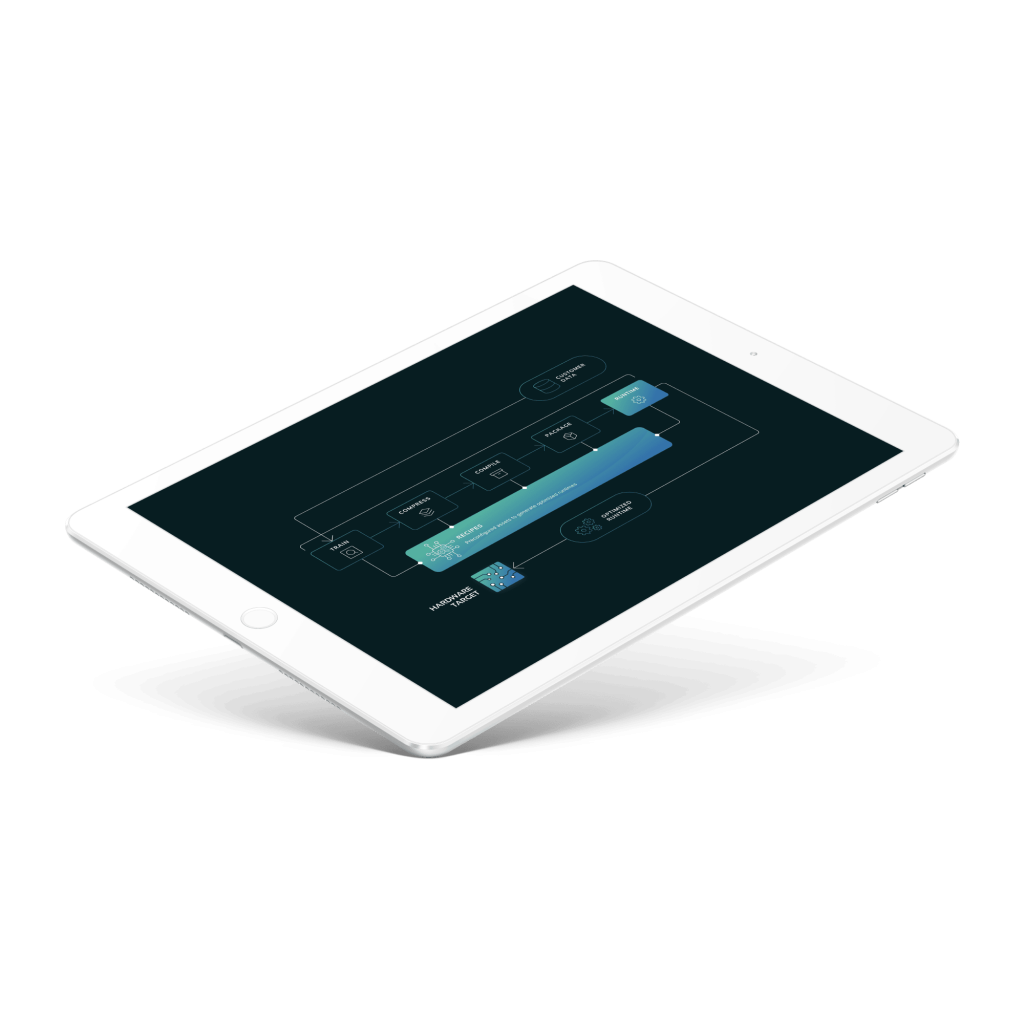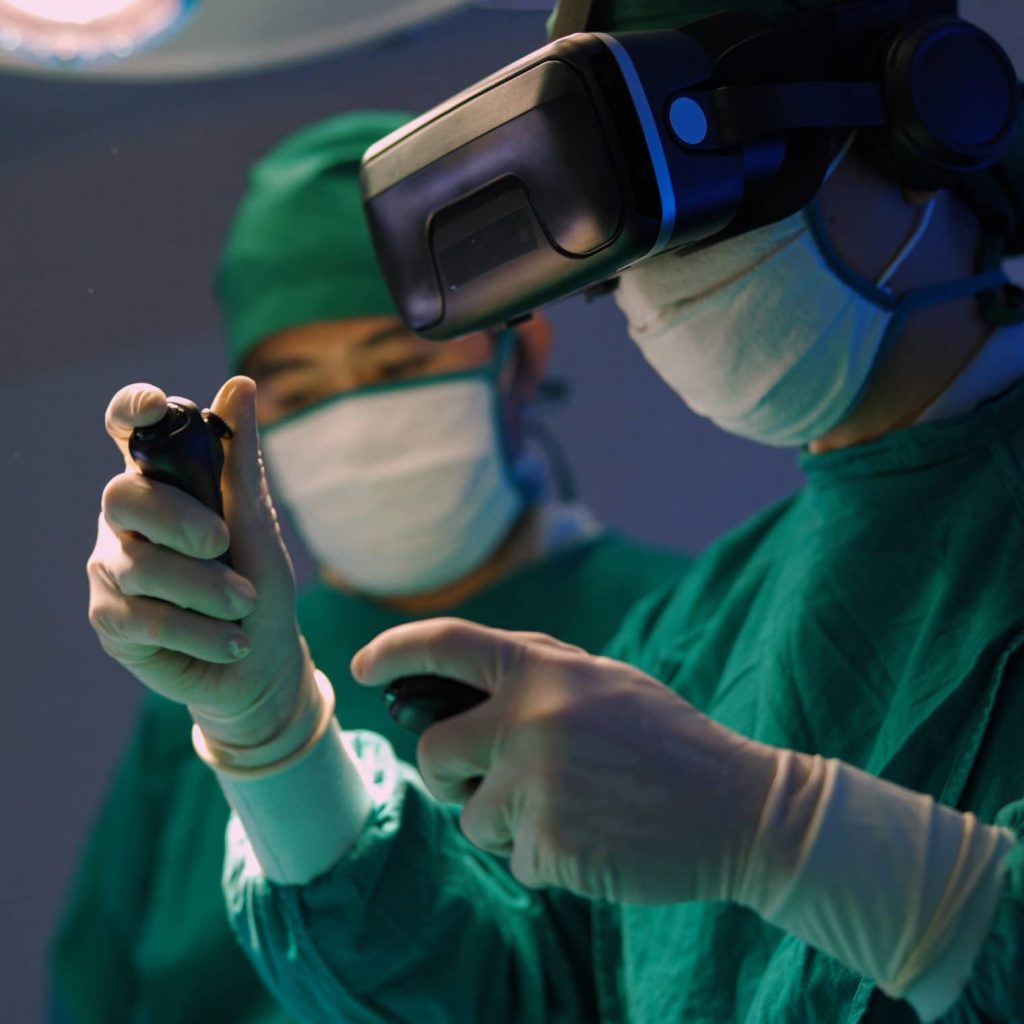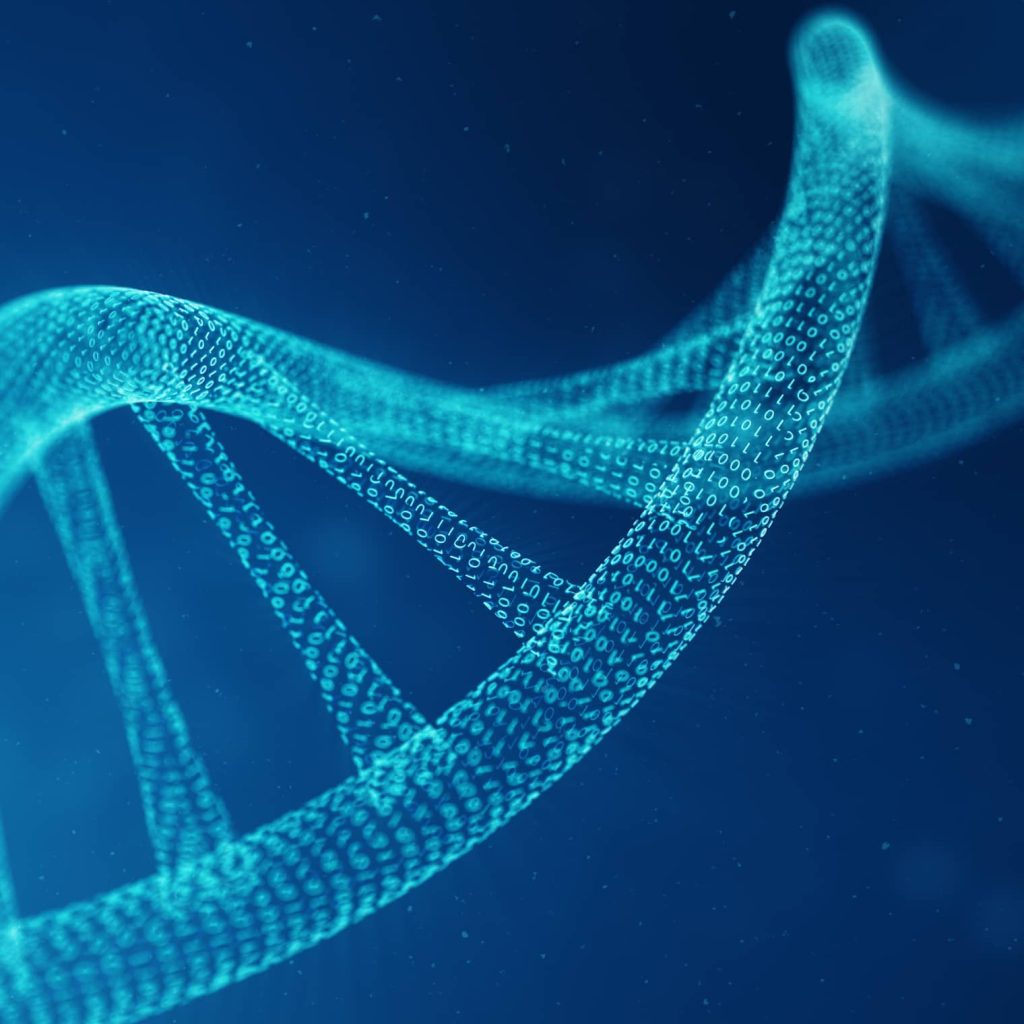Research and development teams in the field of synthetic and digital biology are applying data science methodologies and harnessing huge amounts of data captured from the natural world to design new biological experiments. Ultimately, the goal is to gain a better understanding of molecular cell biology in order to reconfigure organisms and/or their specific components. This, in turn, will help us cure diseases and improve aspects of human biology. Furthermore, it’s hoped that gaining insight into the fundamental building blocks of nature will yield solutions to the unfolding climate crisis.
What is digital biology?
The biggest innovations of the 21st century will be at the intersection of biology and technology. A new era is beginning. — Steve Jobs
Stephen Larson, CEO of MetaCell – a leading neuroscience software development company – describes digital biology as a field of research which “uses powerful simulation software to understand the basic functions of life… to give us a chance to understand malfunctions of human life, such as disease and ageing”.
Researchers and developers have been exploring the components of living organisms for decades, attempting to replicate biological functions in digital form. In 2012, Karr et al created a “first draft” of the working life systems of a simple bacterium, by modulating its individual biological processes.
More recently, Larson founded OpenWorm, an open-source platform which is uniting global digital biology specialists in creating the first virtual organism – a roundworm called c. elegans. It’s hoped that in building a full digital replica of this simple creature’s life systems, the scientific community will gain a deeper understanding of the complex systems that make up all living things.
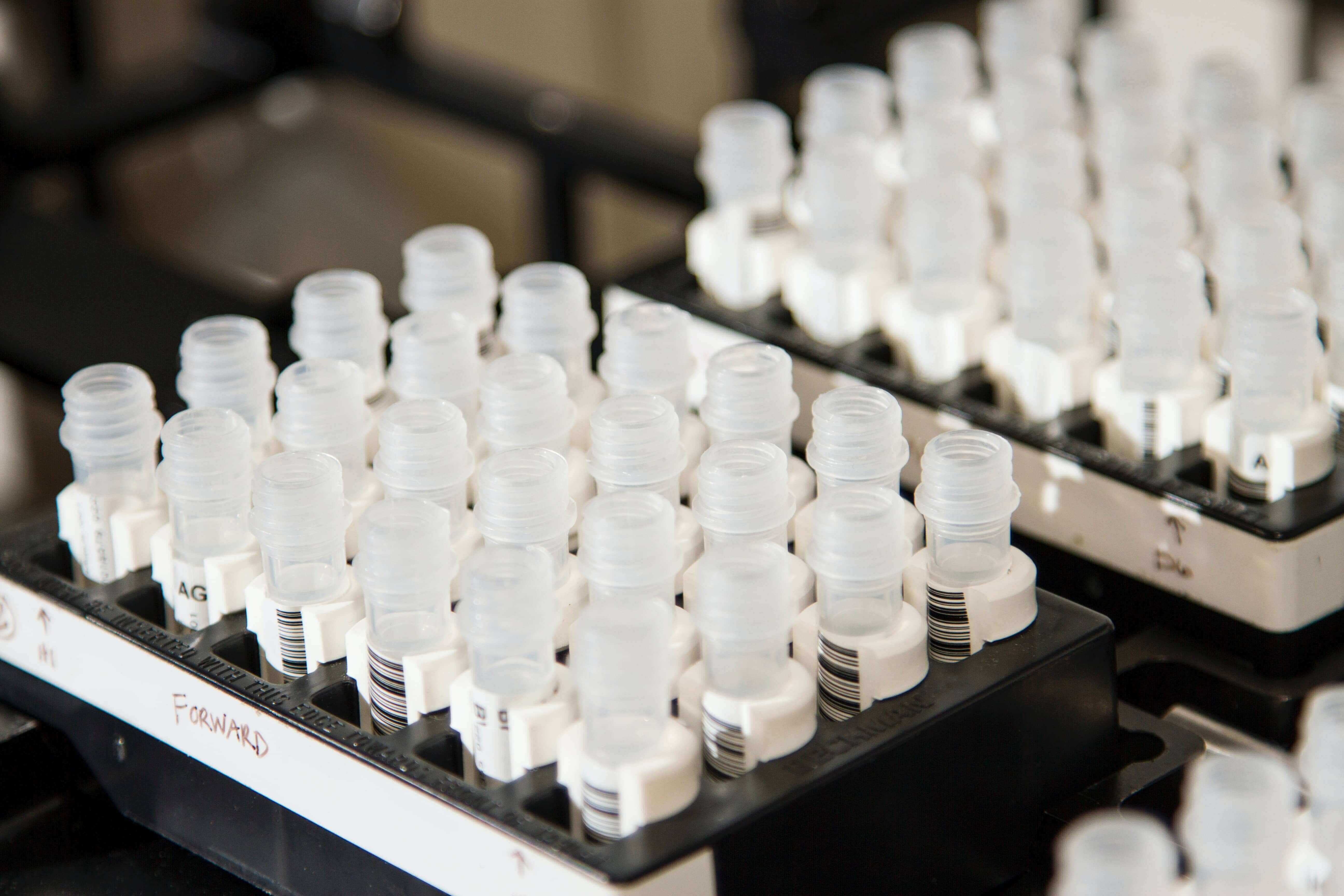
Use cases for digital biology
Digital biology is helping researchers gain insight into some of the key medicinal and environmental problems that have evaded science for centuries. Applications of digital biology include:
- rapid discovery and isolation of single cells for research and analysis - i.e. studying pharmaceutical interactions at a molecular level.
- resolving the issue of antibiotic resistance - earlier this year a machine-learning algorithm at MIT identified a new drug which was able to kill a previously drug-resistant strain of bacteria.
- creating super-efficient lab environments - tens of millions of dollars are being invested in the virtualisation of biology labs, which are designed to be far superior to existing wet labs. Nature explains how digital labs make it “easier for biologists to perform experiments in which many variables are modified simultaneously, by freeing them from the proliferation of procedures and handling steps that such experiments usually require”.
- harnessing the planet’s energy more cleanly and efficiently - in recent years, scientists discovered a strain of bacteria which could convert plant matter into biofuel for cars. Researchers are now engineering this bacteria for more efficient energy conversion.
What is synthetic biology?
Where digital biology is about discovering how living things work at a cell molecular level, synthetic biology centres on biological redesign – i.e. enhancing an organism by altering its DNA make-up. Synthetic biologists sew together long strands of DNA, which could come from different sources or be entirely novel, then insert them into an organism’s gene sequence to change its characteristics.
Gene editing falls under the umbrella of synthetic biology, but there’s a subtle difference in that, here, genetic scientists use tools to make very small changes to an organism’s existing DNA. A well-known example of this approach is CRISPR, which uses gene-editing technology to make precision changes to tiny components of DNA. A key goal of this pioneering bioscience is to eradicate genetic malfunctions which can lead to diseases including cancer, blood disorders and muscular dystrophy, etc.
But it’s not just the human condition that scientists are targeting through synthetic biology. The National Human Genome Research Institute (NIH) is also focusing its research and development efforts on areas such as crop production, to enhance yields and nutrients in the battle to feed the growing population. They are also looking at how to re-engineer organisms to help tackle the climate crisis.
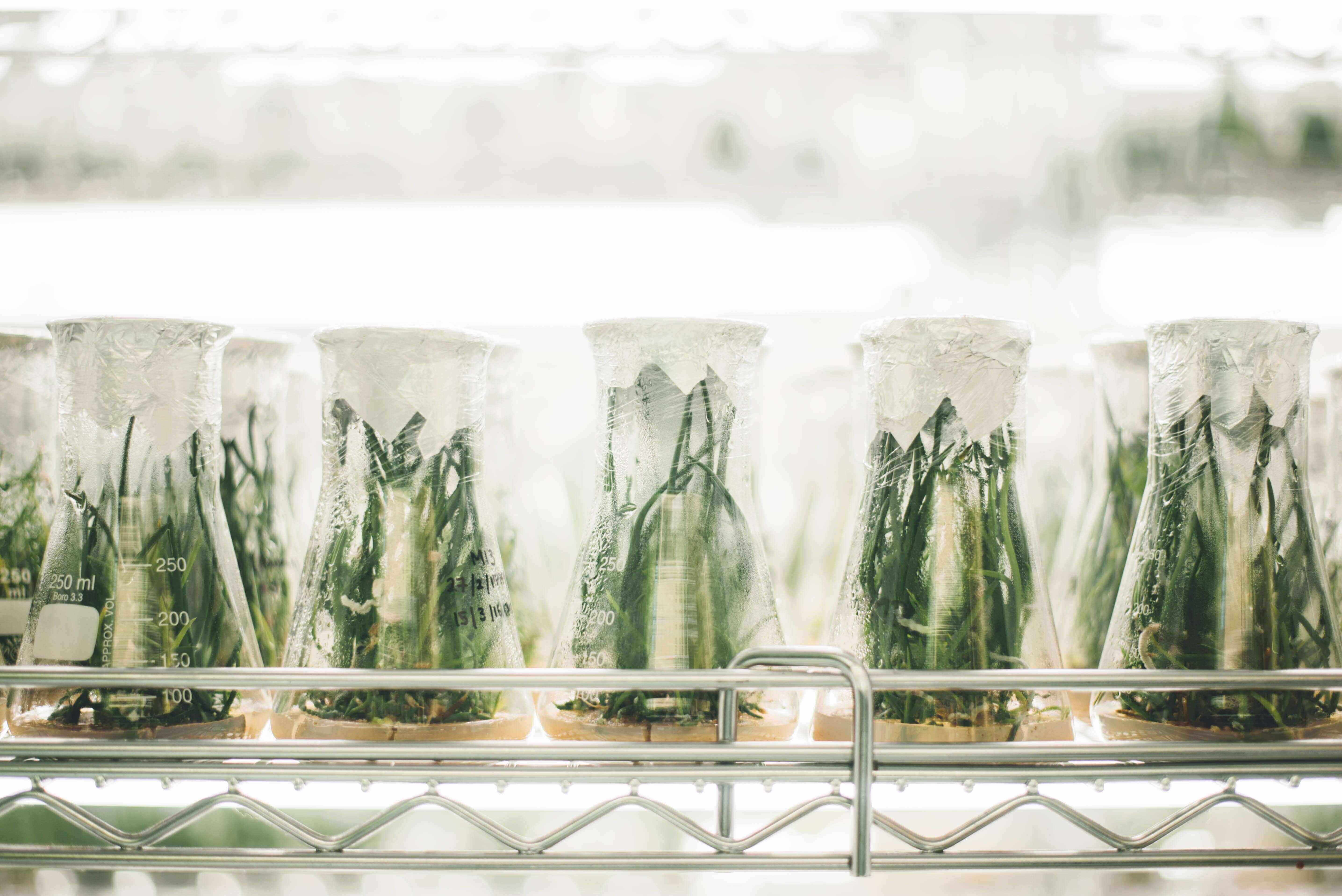
Use cases for synthetic biology
- re-engineering organisms to produce new medicinal compounds.
- redesigning organisms to filter pollutants from the air.
- re-engineering crops to produce certain vitamins and minerals which can prevent deficiencies - particularly in the developing world.
- tweaking the DNA of plants to produce sustainable alternatives to commonly used, unsustainable produce.
Why move from analogue to digital biology?
Research and development projects dealing with vast quantities of data and large sample sizes are already benefitting from the digitalisation of biological testing, such as genome sequencing.
Digitalisation produces significantly more data than current analogue study methods, allowing scientists to apply machine learning and advanced data analytics to gain real-time insights into biological functions and build a picture of, for example, cell molecular biology over time. This can dramatically speed up things like antibody discovery and taking potential medicines to clinical trials.
Does digital biology have any drawbacks?
It could be argued that the complexity and unpredictability of biological study mean that more human touch is needed. There’s also concern around data protection, cybersecurity and the potential for bioterrorism due to the nature of open-source work in the field.
As we continue to take giant leaps in digitalisation – in all aspects of life – and as population growth, climate change, and disease accelerate, old methods of studying the life sciences will need to keep up.
We will be happy to hear your opinion and ideas concerning the potential of digital biology for helping scientists solve fundamental medicinal and environmental problems. Feel free to leave your comments below or get in touch with us.
Related Insights


